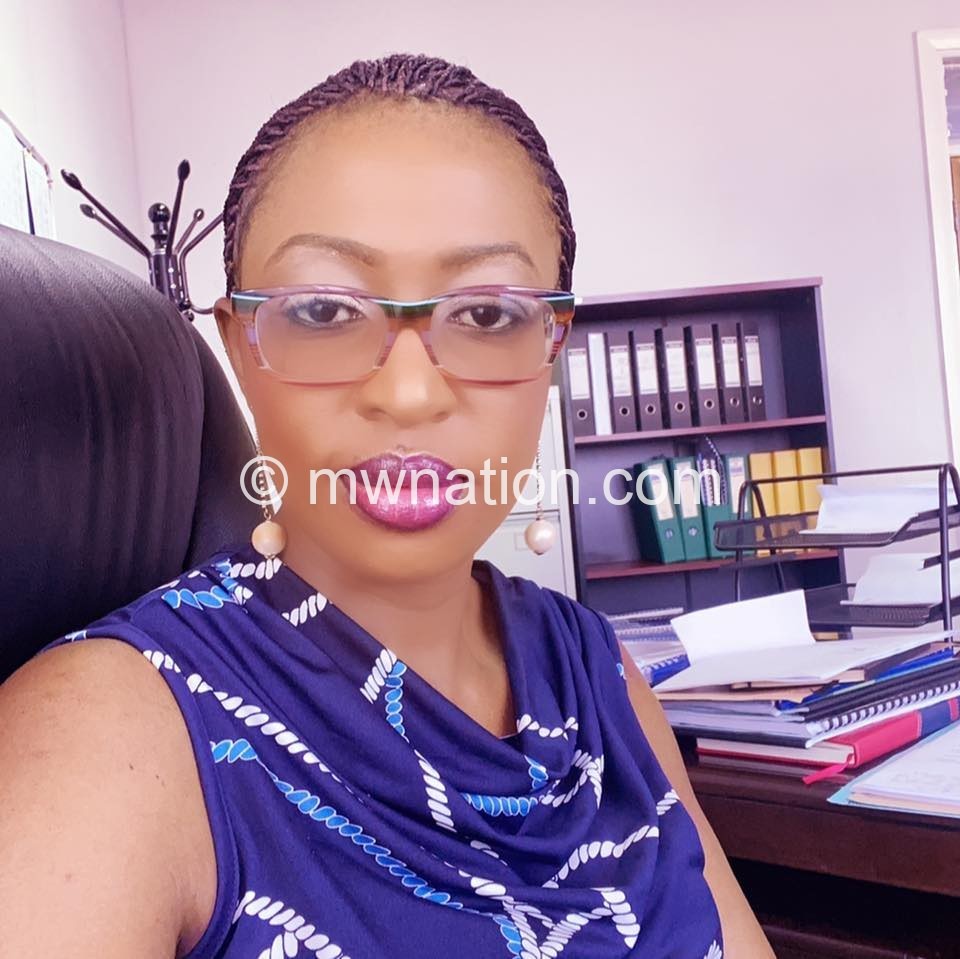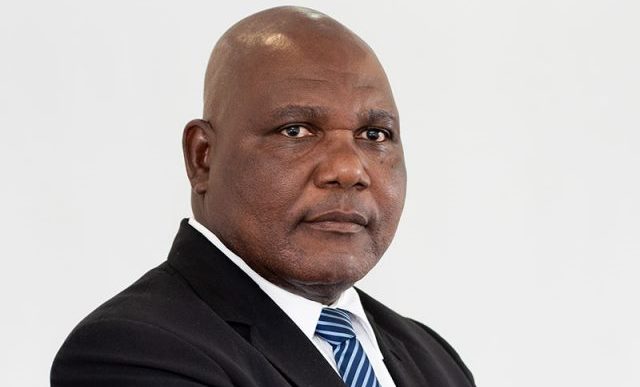Nocma fuel deals saga
The National Oil Company of Malawi (Nocma) has proceeded to seal fuel supply contracts, but it remains unclear whether the State-run fuel firm followed the Ex-Tank delivery method that the Anti-Corruption Bureau (ACB) ordered to be used when it cleared the transaction.
Documents Weekend Nation has seen show that Nocma has already awarded contracts to two firms and would soon complete a third one in a deal that ACB had trained its eyes on for months.

The two companies already with a deal are Lake Oil Limited and Camel Oil (T) Limited, which will supply and deliver into the country 100 000 metric tonnes (MT) and 54 820 MT of refined petroleum products, respectively, from Beira and Nacala in Mozambique and Dar es Salaam in Tanzania.
Nocma acting chief executive officer Hellen Buluma, in an interview on Friday, confirmed awarding the fuel contracts “to ensure the country does not go dry” after the ACB cleared the State firm of any wrong-doing in the procurement process on condition that Ex-Tank would have to be the delivery method.
In a letter to Nocma dated August 16 2021 where ACB sought to clarify its earlier communication on Consent to Deal, the graft-busting body said:
“Our understanding of the ruling by the Court was in the context of the fact that the whole ruling simply makes reference to two methods of fuel importation, i.e. DDU and Ex-Tank. In addition to this is the fact that your own bid document by which this procurement process proceeded only mentioned the two Incoterms: DDU and Ex-Tank.

“Accordingly for us, if you could not proceed by way of DDU as per the Court ruling, the only other method to use was the Ex-tank method.
“Based on the above and our clarification this morning we would like to further clarify our Consent to Deal that as per the Court order, you are to proceed with the fuel importation, however, in so importing you cannot use DDU method,” Chizuma stated in the letter.
The fuel supply contracts faced resistance from several fronts, including the Malawi Energy Regulatory Authority (Mera), the country’s Fuel Tankers Operators Association (FTOA), Human Rights Defenders Coalition (HRDC) and ACB.
First to question the deal was the Mera board, which declined to approve Nocma’s application to award contracts to the selected suppliers, citing concerns of overpricing.
The Mera board said the contracts were expensive and would cost the taxpayer K45 billion more due to the Delivered Duty Unpaid (DDU) procurement system that Nocma wanted to use and which two of its preferred bidders wanted to use.
The regulator also said expensive suppliers such as Lake Oil for Northern Corridor, which has since been awarded the contract, had allegedly quoted higher premiums than other bidders.
Then, in April 2021, the FTOA obtained a court order restraining Nocma from using the DDU method, which they argued was illegal and a contravention of regulations.
The association had for the past three years been fighting to have the DDU system of importing fuel abolished preferring the Ex-Tank, which they argue is good for local fuel hauliers.
Then, in the thick of the controversy, came HRDC in May 2021, which, in a letter to ACB, said awarding of the fuel contracts was shrouded in underhand dealings, allegations of selection of contracts with overpriced bids and asked for “an immediate, investigation on each step of the procurement process.
In June 2021, the ACB, finally, restricted the procurement process to pave the way for investigations into the various alleged anomalies in the process.
But Buluma said on Friday that they proceeded to award the contracts using a different procurement system, and not the controversial DDU.
“As for Nocma, taking into account the risk of the country running dry and knowing we are responsible for the reserves and the stocks have been depleted to almost minimum levels, we proceeded to award the contracts,” said Buluma.
She said Nocma used a different procurement method known as Delivered at Place Unloaded (DPU), alongside the Ex-Tank which FTOA wanted and, also, recommended by the ACB in its Consent to Deal dated August 6 2021.
“We reviewed the 2020 incoterms which are applicable and that can provide minimum risks and costs to Nocma and the country in terms of fuel security supply so we identified DPU as we do not have anyone stopping us from using that system.
“At the same time we did not completely leave out the Ex-Tank. So, we used a combination of incoterms that work for the country in terms of security of fuel supply,” she explained.
Incoterm is an acronym standing for International Commercial Terms, a trademark of the International Chamber of Commerce (ICC).
The DPU has, throughout the fuel procurement process, not been part of the national discourse and none of the preferred bidders were evaluated under it.
DDU and Ex-Tank were the only ones that were subject of a High Court Order and the ACB directive. But Nocma has now brought DPU into the picture.
HRDC chairperson Gift Trapence on Friday faulted Nocma for proceeding to award the contracts after changing from DDU to DPU procurement system instead of retendering as that disadvantaged other interested bidders.
“This is very unfortunate because the specifications and methodology used in the previous tender under the DDU were different. This has favoured some competitors. The best approach was to invalidate the whole process and retender. So, HRDC, therefore, calls upon ACB to intervene in the processes again,” he said.
On his part, FTOA chairperson Golden Luhanga said in an interview he was aware about the issuance of the contracts, but not the method Nocma had used to award them.
“But our lawyer is working on the matter and we will competently comment on the issue once we get details on the contracts,” he said.
DDU refers to a system in which the supplier assumes all the risks for delivery of the product from external depots at the ports to various internal depots in the country.
While, on the other hand DPU, initially known as Delivered at Terminal (DAT), is a system where the seller assumes all costs and risks until the goods are unloaded at the agreed named place of destination. The buyer is responsible for import customs formalities.
TDB will provide financing for the supply and delivery of the fuel under Tranche A- Petroleum facility through the Reserve Bank of Malawi (RBM).





